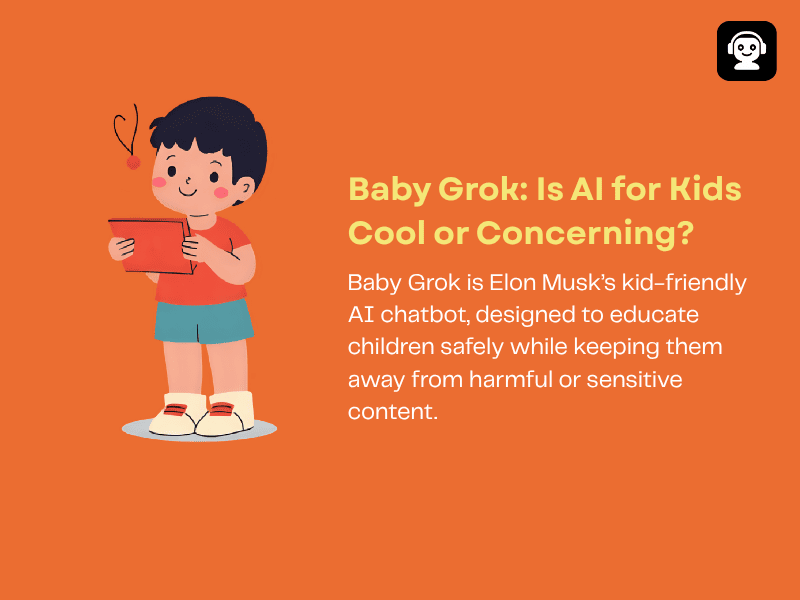Perplexity 80% Revenue Sharing for Publishers Through Comet Plus
Artificial Intelligence and traditional journalism do not go hand-in-hand, but recently, it has gotten a brand new and surprising

Artificial Intelligence and traditional journalism do not go hand-in-hand, but recently, it has gotten a brand new and surprising twist. For many years, publishers have accused AI firms of piggybacking on their hard-earned content, and today we hear the news about Perplexity 80% revenue sharing for publishers through the help of Perplexity Comet Plus.
As the use of Perplexity is rising, the company has decided to shake things up with a new revenue-sharing program that might finally bridge the gap between creators and machines. The recent news about Perplexity 80% revenue sharing has surprised and shocked everyone. Alongside this initiative, Perplexity has also brought a subscription service called Comet Plus, which is priced at $5 per month.
The plan offers subscribers AI-powered answers with references as well to the publisher materials, and this is tied to the user value directly to publisher contributions. The decision of Perplexity 80% revenue sharing for publishers is a great initiative, so let us take a better look at how this initiative is beneficial for the publishers and for Perplexity as well.
The Mechanics of Comet Plus
Perplexity’s model does not just talk about fairness, but it also builds it into the system. The company has created a unified subscription pool combining Comet Plus, Pro, and Max Plans, and from this, Perplexity 80% revenue sharing goes to publishers and 20% stays with Perplexity. The payout is not arbitrary, but it is tied to measurable engagement, and publishers will be compensated on:
- Direct visits through Comet Browser for when users click through their sites.
- Citations in AI-generated answers for rewarding high-quality and referenced content.
- AI-assistant actions for when responses rely heavily on a publisher’s material.
According to us, this is a smart design that aligns incentives and Perplexity guarantees that publishers want to see its AI grow because their income grows with it. Unlike traditional paywalls or lump-sum licensing agreements, this creates a collaboration that is not a one-time transaction but for a longer duration of time.
Perplexity 80% Revenue Sharing
The relationship between journalism and technology has always been love-hate because, from Google News aggregating headlines to social media platforms reaping ad revenues, publishers have often felt shortchanged. With AI, the tensions have escalated further, and major outlets like The New York Times and The Wall Street Journal have filed lawsuits against AI as well.
The idea behind Perplexity 80% revenue sharing for publishers is to address these issues not only by citing publishers but compensating them financially. It is not just about charity but also about survival, as well as journalism has always been struggling with declining ad revenue and shrinking subscriber bases.
Challenges Ahead for Perplexity
There are several challenges ahead for Perplexity after the recent news about Perplexity 80% revenue sharing for publishers. The main problem is that adoption by publishers is not guaranteed, and some may worry that Perplexity would not generate enough revenue to matter. The second drawback is that user base growth is very critical, and the revenue pool will be too small to entice publishers.
The third drawback is that the competition is fierce, and larger rivals with deeper pockets could undermine Perplexity’s effort by locking publishers into exclusive agreements. According to us, Perplexity’s best chance lies in transparency, and this can be done by showing publishers exactly how revenue is calculated and distributed.
Read more: Perplexity AI $34.5 billion Chrome bid is Changing Chrome Browsing Forever
Read more: Comet By Perplexity Can Deliver Food Now: New Web Browser Revolution in 2025
Model for the AI Age
The new initiative of Perplexity 80% revenue sharing for publishers, is great, and it could reshape the economics of news in the AI era. By directly tying revenue to citations, traffic, and content usage, it often proposes a transparent and scalable alternative. For publishers, this initiative could mean new monetisation opportunities without the need for corporate-level negotiations.
But success is not guaranteed, even though the Perplexity 80% revenue sharing for publishers is a great thought. If this mission works, then Perplexity would not just set a precedent for other AI firms but also become the template for how journalism survives the AI disruption.





